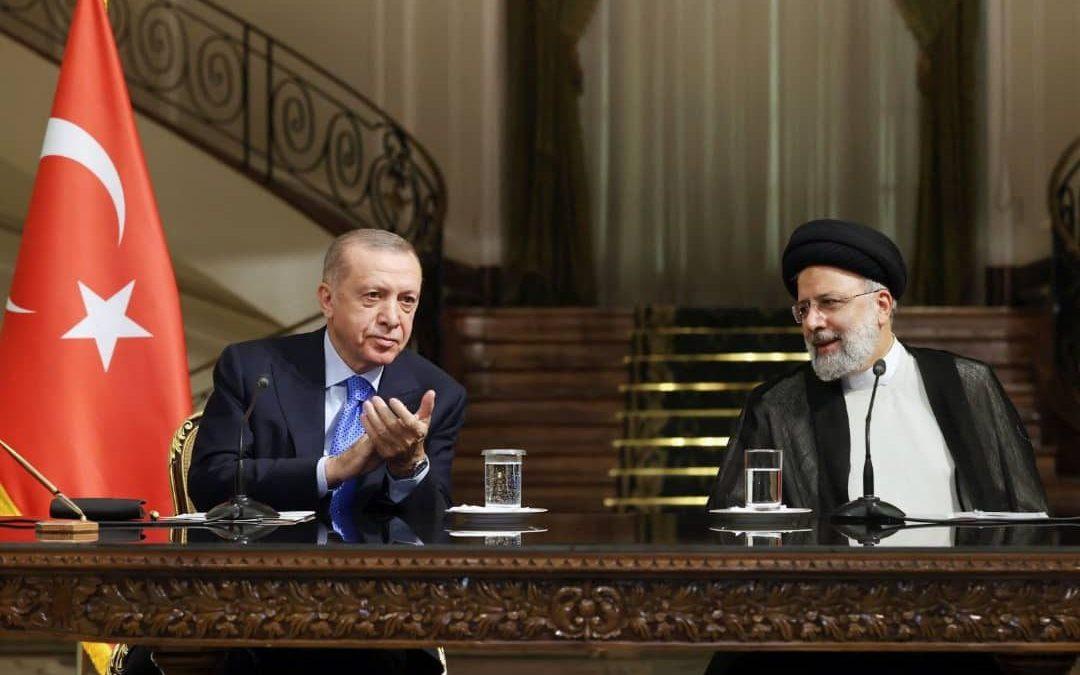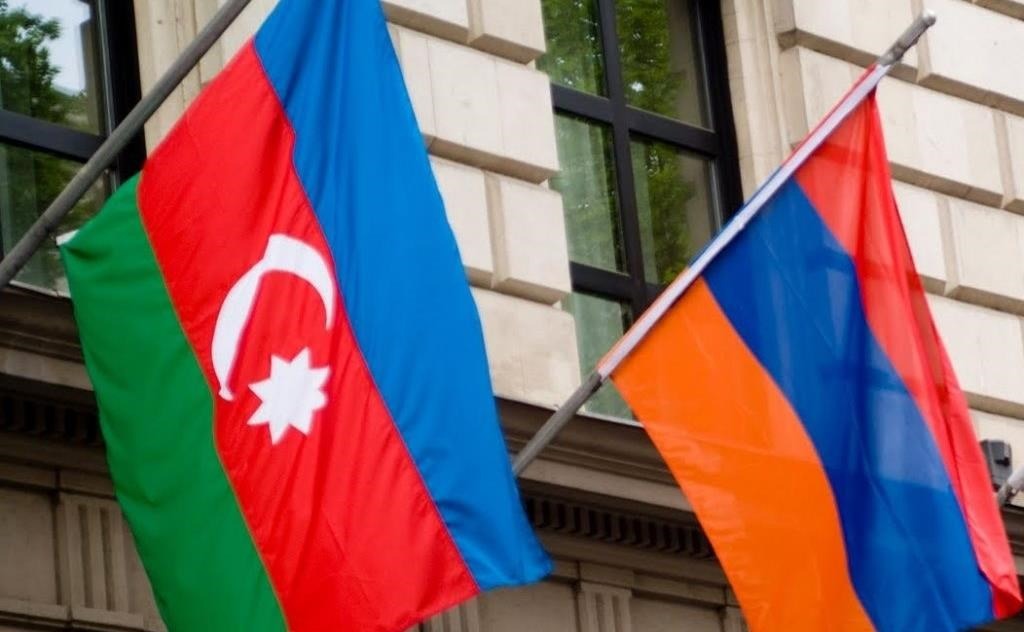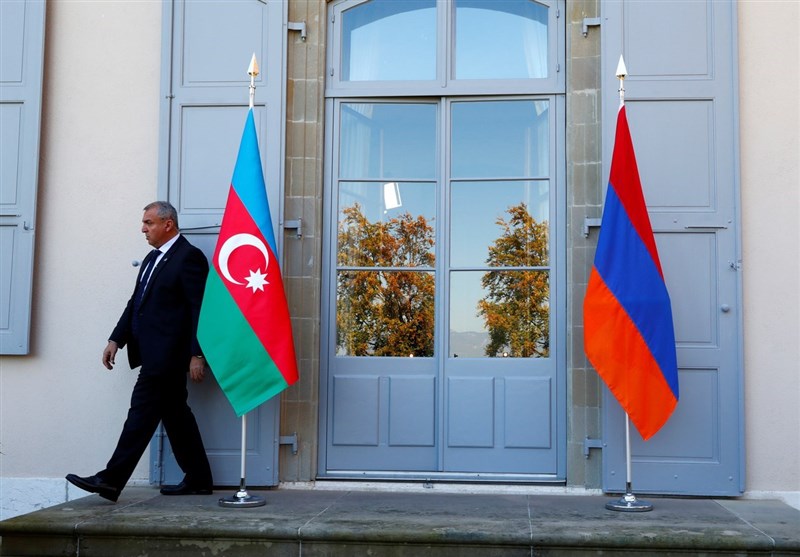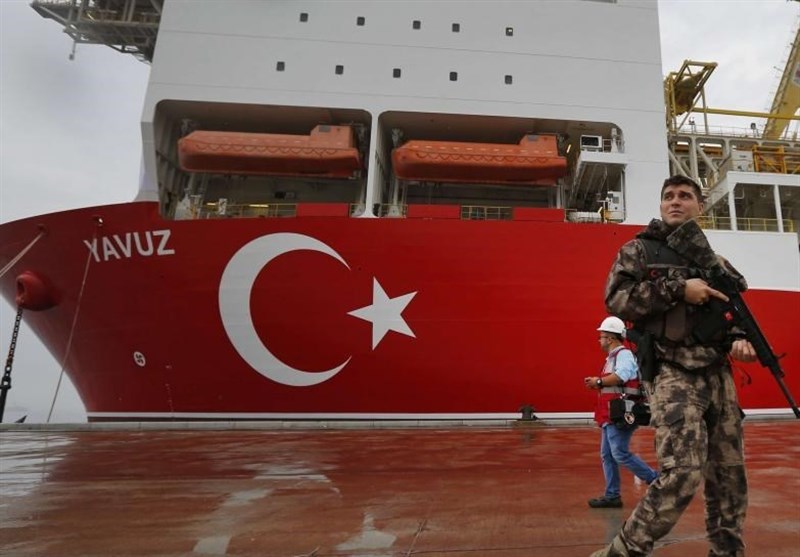Challenges Facing Modi in Indian General Election
Strategic Council Online – Interview: An expert on East Asian affairs said: Despite the chances of victory, the number of seats that Indian Prime Minister Narendra Modi will have in the next parliament is likely to be less because it seems that Muslims and other ethnic groups would vote for parties opposed to the ruling party.













